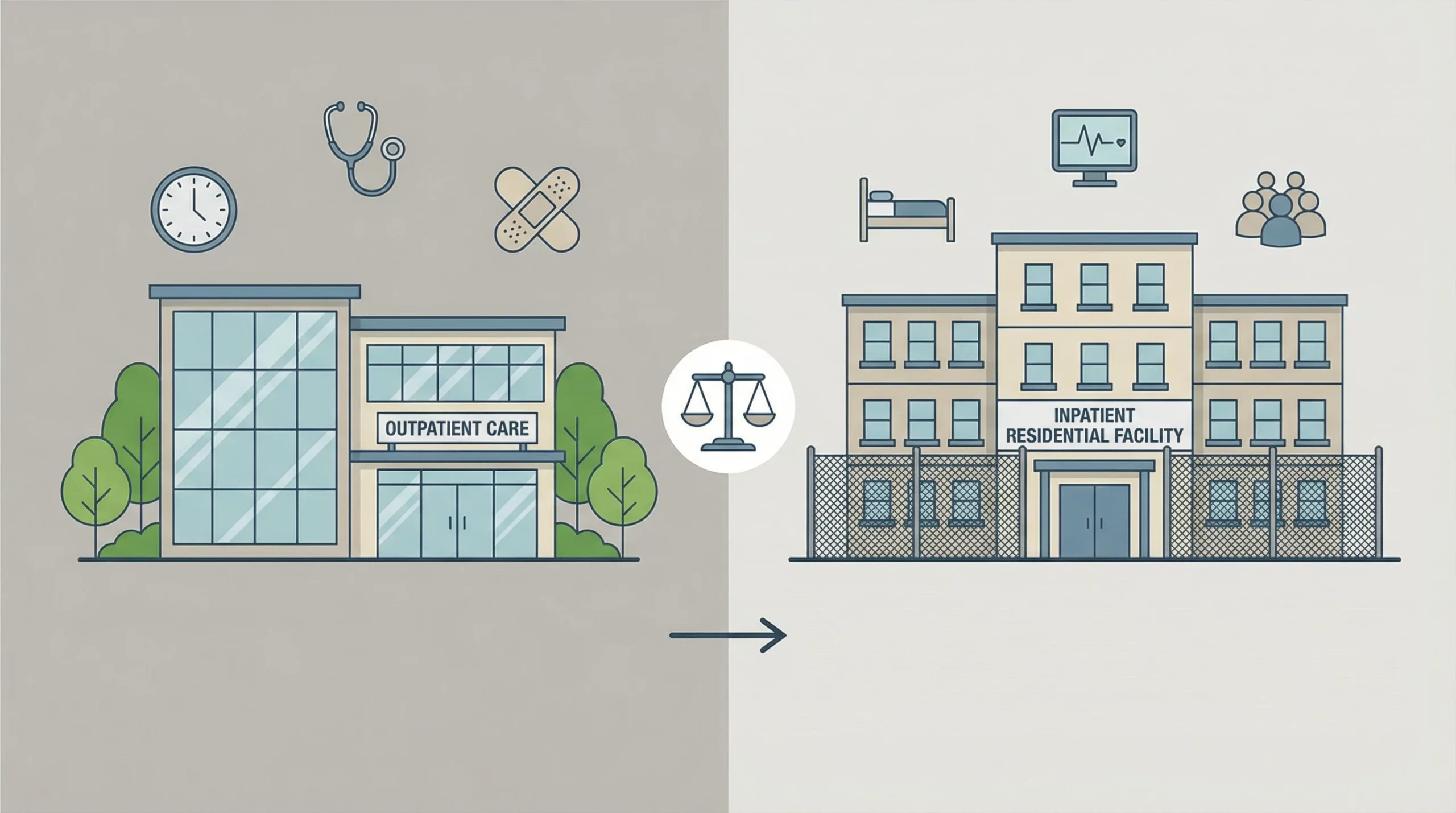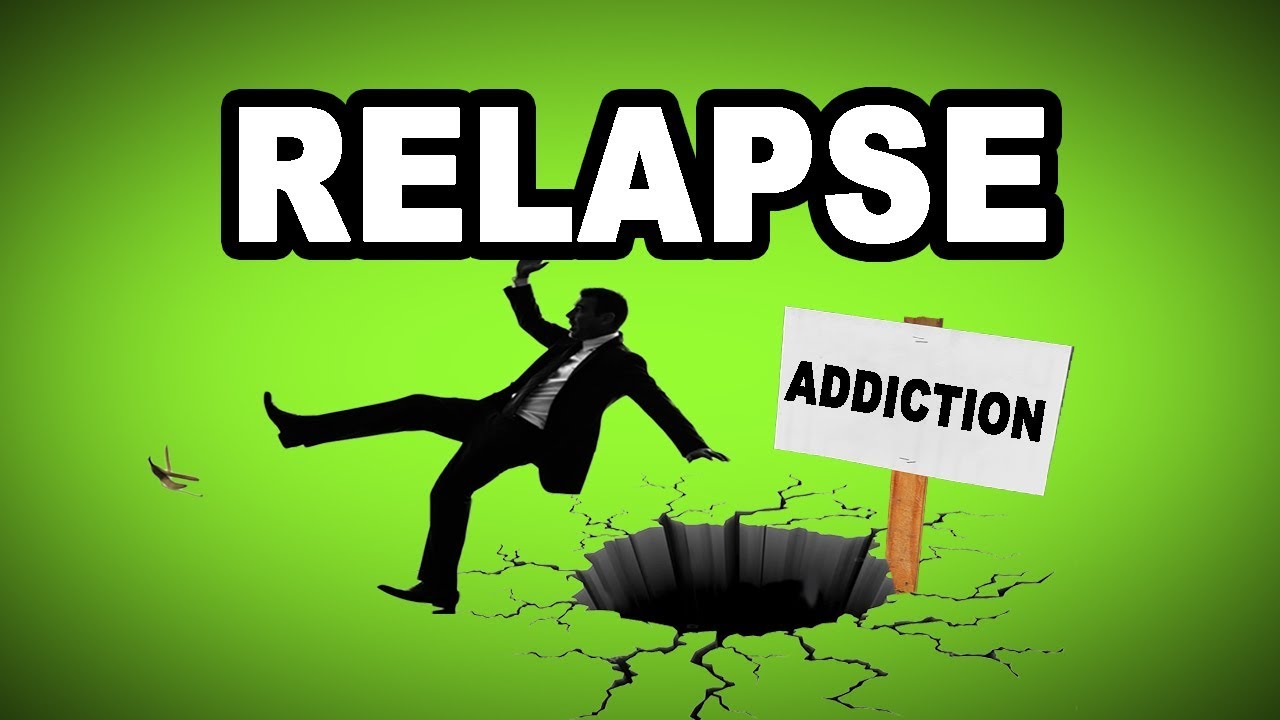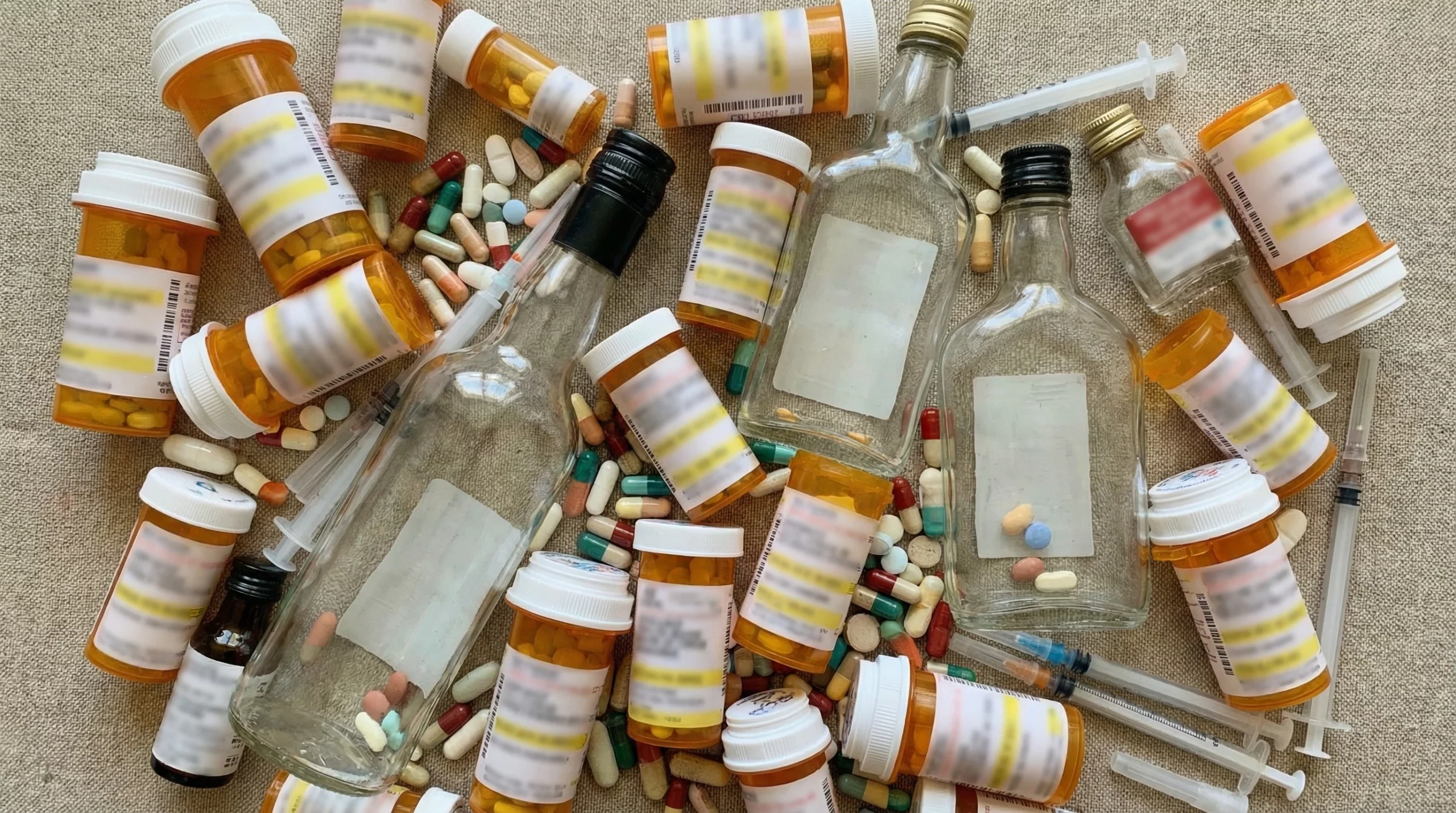America’s Highest Overdose Rate
West Virginia has stayed in the headlines for a tough reason: it currently has the highest overdose death rate in the United States. The opioid crisis has hit every corner of the country, but the impact in West Virginia is especially intense, touching families and communities in deep and lasting ways. I want to break … Read more









